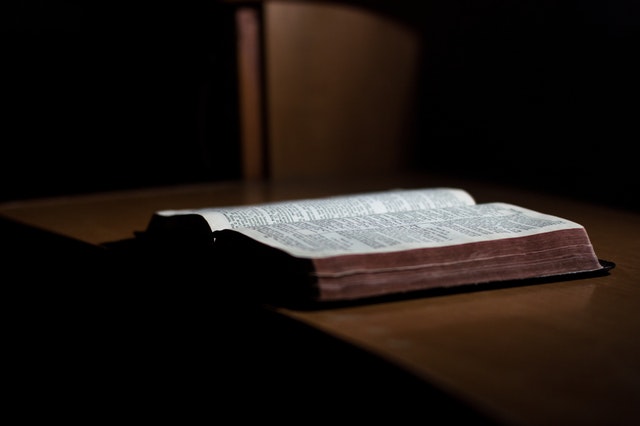
If you’re Australian, you’ll know that that the national debate over the definition of marriage has been going on for years, and has now culminated in a postal survey vote.
Believers and unbelievers everywhere have debated, discussed, argued, and unfortunately, even protested for their side. Australian Christians are voting both “yes” and “no” on the question, ‘Should the law be changed to allow same-sex couples to marry?’; how did we arrive at this point in the Church where we can’t agree on such a key question affection our institutions?
On September 1, 1910, the Vatican was a very different place. Pope Pius X promulgated “The Oath Against Modernism” which was designed to be sworn by all Catholic clergy, pastors, confessors, preachers, religious superiors, and professors in seminaries.
At the time, whilst the geo-political world was boiling towards the world wars, seminaries across the Western world began to engage in methods of interpretation and theological frameworks that were deviant from the traditional orthodox teachings.
Being the largest Christian church, without this pronouncement, the damage of liberal theology and philosophy would have taken hold of the Vatican a lot earlier than prior to the Second Vatican Council.
Protestant churches were affected to different degrees but the descent into liberalism by society caused Western Protestant churches to descend faster than their Catholic counterparts as we can trace attempts by theologians to integrate Enlightenment ideas into Christian theology.
So why mention ‘The Oath Against Modernism’?
In our present time, we are embroiled in cultural battles in Western Society. Battles between progressives and traditionalists over marriage, homosexuality, abortion, are but symptoms of a deeper underlying struggle between two key ideas; moral absolutism and moral relativism.
As societies secularised, institutional Christianity’s decline has led to its diminishing influence over society’s views of moral issues.
The Oath, serves as a standard by which one of the major denominations of our faith, guarded against new ideas that were attempting to make in-roads to distort orthodox teaching. Its concise and direct presentation is a valuable document for both Catholics and other Christians.
Two Key Points
The Oath makes two key points that we can apply to our present time.
1. If there is interpretation that is disputed, measure it against tradition and the track-record of interpretation by Christians, if the interpretation has no historical counterpart, then it is likely to be a modern interpretation, not an orthodox one.
2. There are external proofs to revelation, divine acts, miracles, etc. Essentially there is proof that the God of Scripture, the Triune God, still interacts with humanity.
These two points are so crucial to our understanding of Christian moral and ethical teaching. Whilst the world tells us that we can be good without God, we must remember that without God, there is no morality, because it is by His providence that we can experience good or evil in this world.
As Christians, we are called to live in the framework of moral absolutes, truth with a capital T.
Even if the whole world calls something evil, ‘good’, it is still evil. We are in danger of slipping further into the rabbit-hole of moral relativism that reduces God in our minds and hearts to just another religion or to a personal belief that relies on individual rights to sustain.
I found in many conversations that I had with people who do not share my moral views that it’s very easy for the sake of harmony, to simply say; “that’s your view, this is mine, and we’re okay.”
Even if society thinks we are just another religion, if we are honest and truly faithful to God, we need to avoid implicitly slipping into the free-market mentality that ‘we’re just another religion’. Our call is higher, our blessing is greater, and we need to genuinely invite and share our lives and experience of God that Christ is the true remedy to the human condition. Sometimes loving your neighbour, means loving God more.
This will mean that of the Two Commandments that Jesus taught about in Matthew, obeying God will take precedent.
And one of them, a doctor of the Law, putting him to the test, asked him, "Master, which is the great commandment in the Law?" Jesus said to him, "'Thou shalt love the Lord thy God with thy whole heart, and with thy whole soul, and with thy whole mind.' This is the greatest and the first commandment. And the second is like it, 'Thou shalt love thy neighbor as thyself.' On these two commandments depend the whole Law and the Prophets." (Matthew chapter 22 verses 35-40)
If you haven’t read the Oath Against Modernism before, I encourage you to google it and read it. God bless, and may He be ever-present in all your conversations with those who do not know Him.

Jack is studying Commerce and Arts at Macquarie University, he is part of a family of five, his interests include politics, church history, and writing on controversial subjects. Whilst he is theologically Anglican, he attends Gracepoint Presbyterian and serves the community through music.
Jack Liang previous articles may be viewed at http://www.pressserviceinternational.org/jack-liang.html